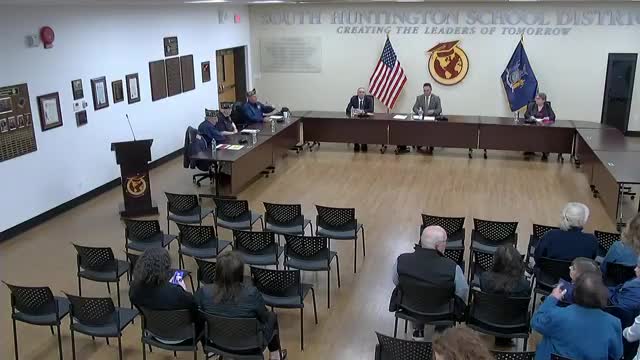Article not found
This article is no longer available. But don't worry—we've gathered other articles that discuss the same topic.
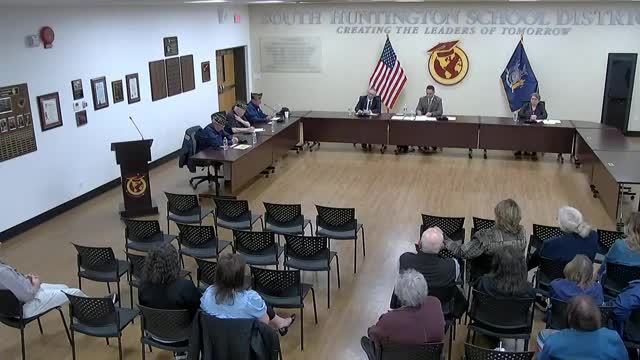
Candidates outline curriculum goals: civics, financial literacy and broader AP access
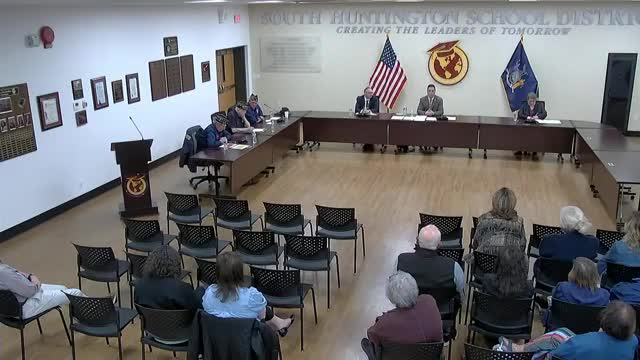
Board candidates say facilities upgrades, outdoor classrooms and turf fields are priorities
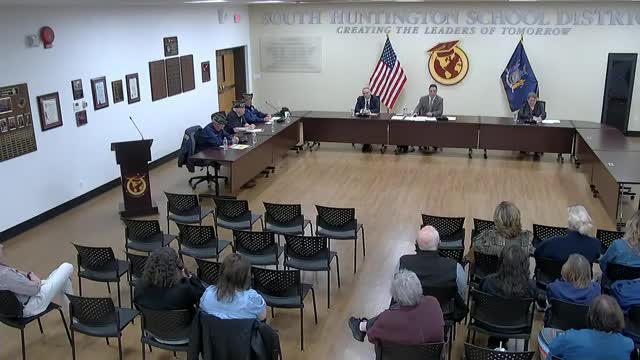
Board members raise concerns about zero‑emission buses and favor reclaiming routes
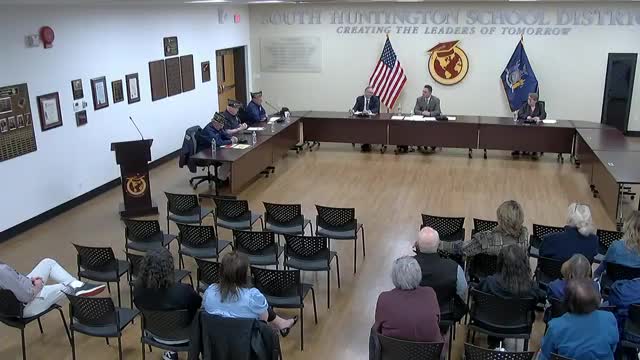
Board affirms current elementary organization after reimagining debate
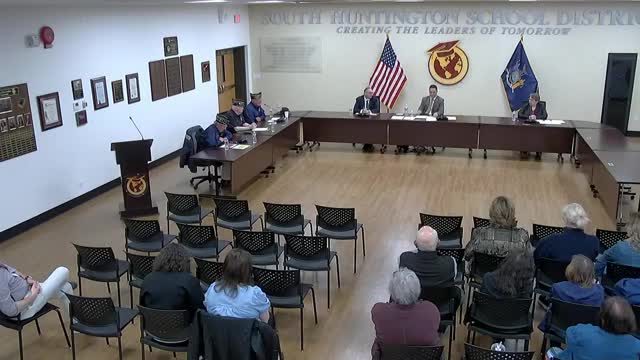
South Huntington pre-K focus group to recommend plan; playgrounds and standalone site discussed
